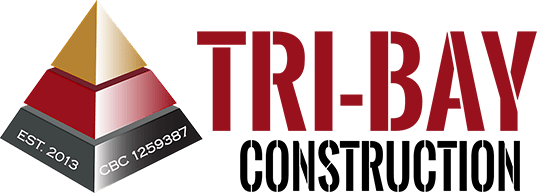We work as a cohesive team, and information is shared freely among family members, so there are no secrets about our business. This creates an internal environment of trust and confidence in decision-making and the common goal to grow the business. Every one of our management team is empowered to make decisions based on what is best for our clients and our business.
As a small company, our clients and subcontractors still receive individual attention. Management is not separated from clients after a project starts. In our technological world, personal interactions seem to be waning, and reliance on electronic communication continues to rise. Face-to-face and person-to-person contact fosters trust that an email or text cannot accomplish.



